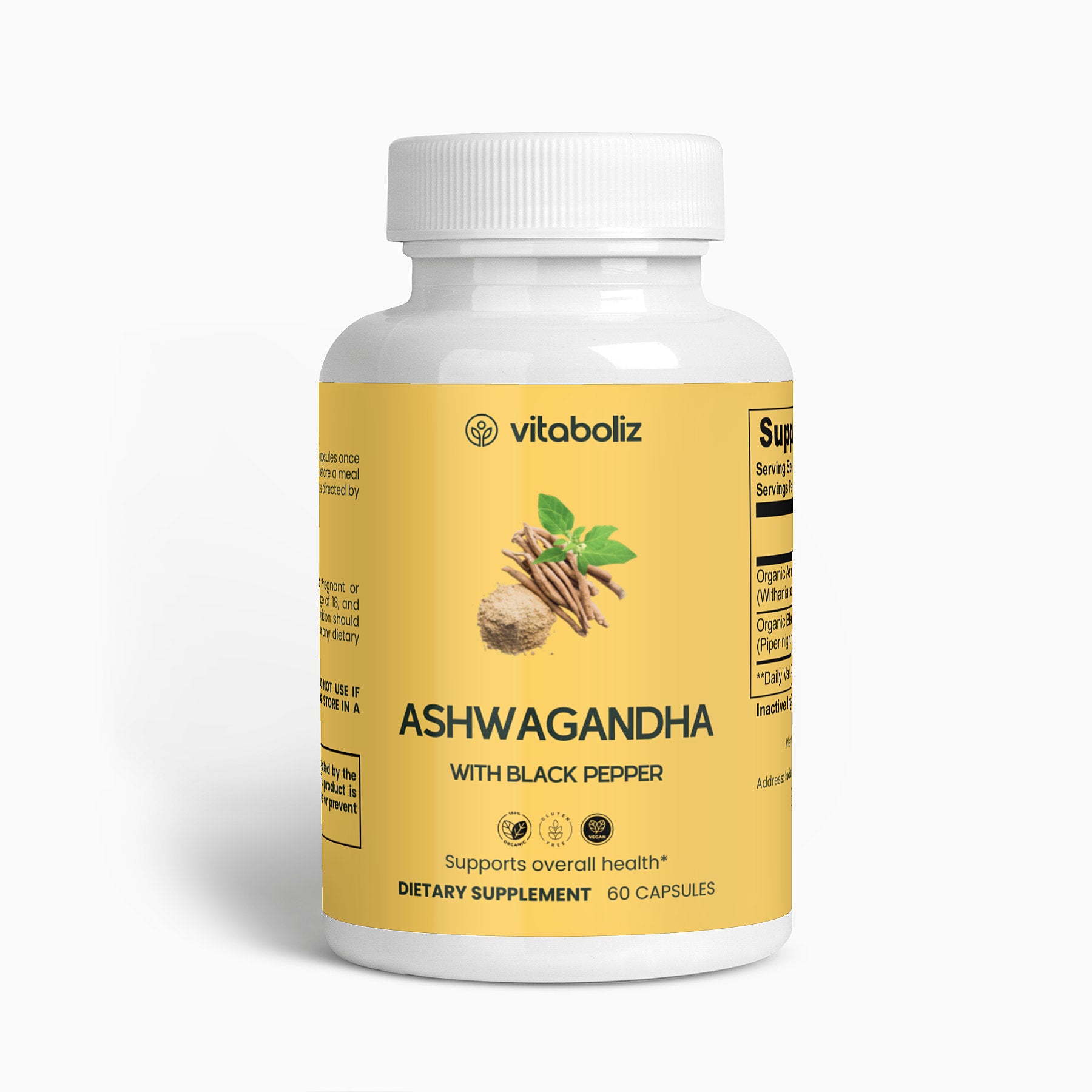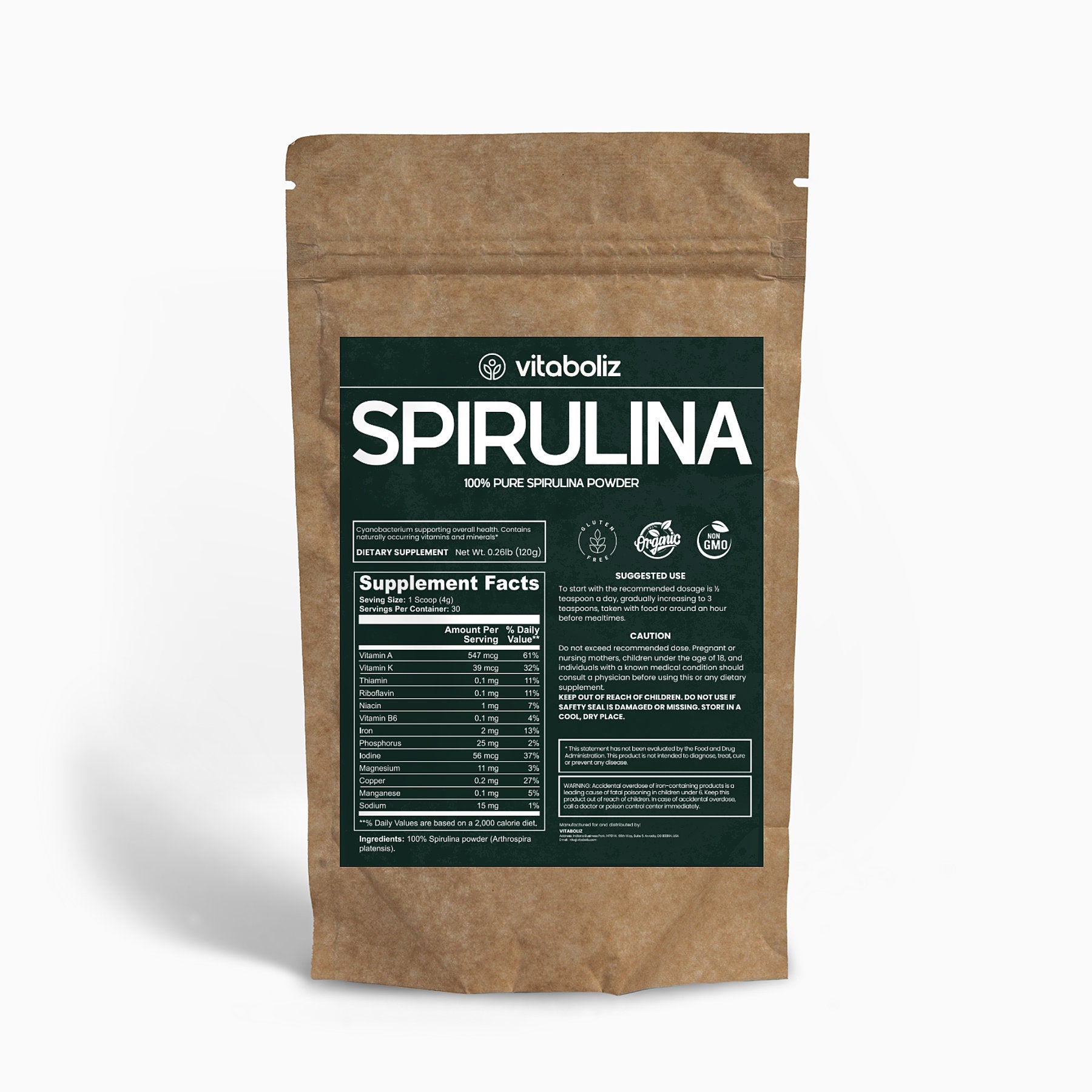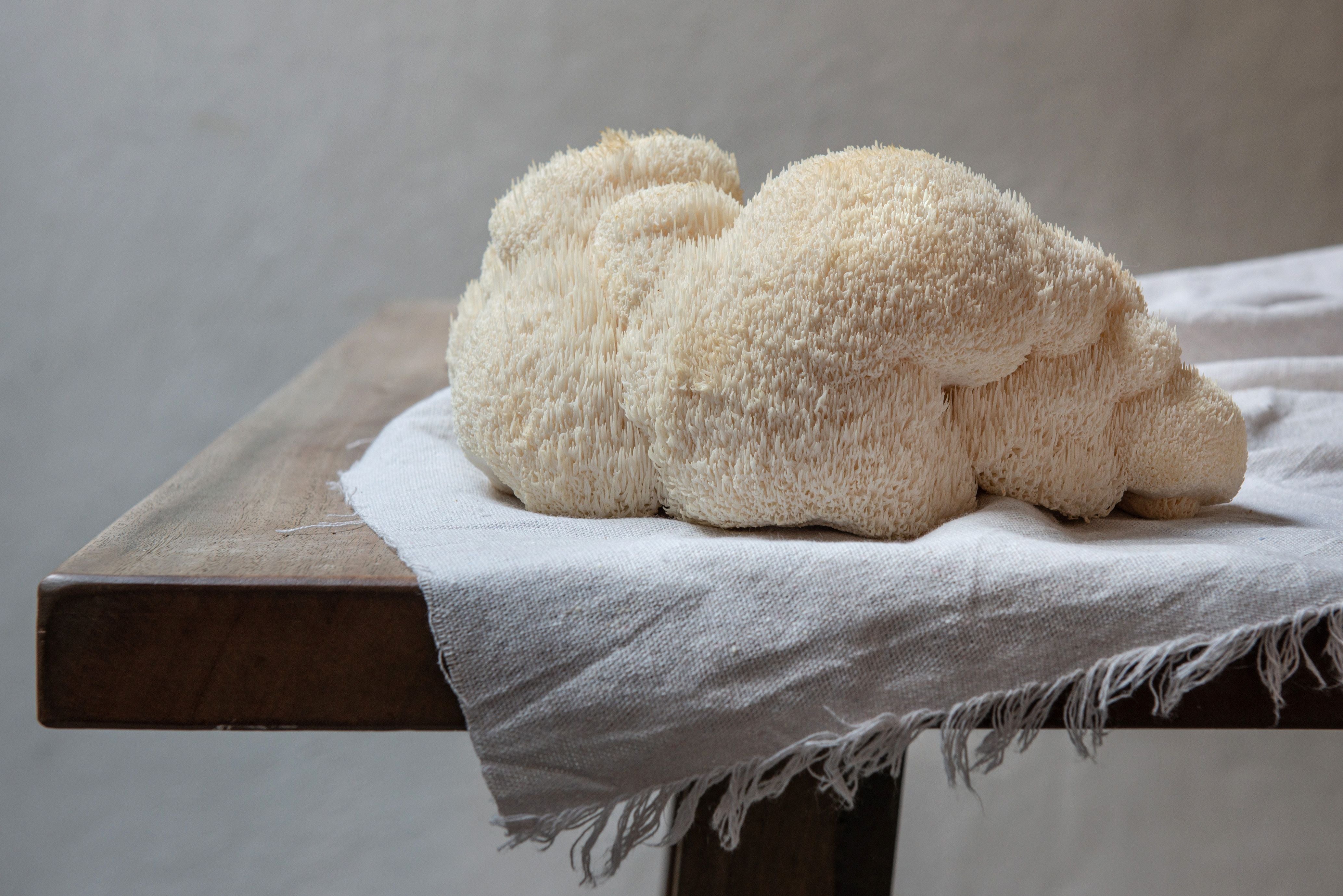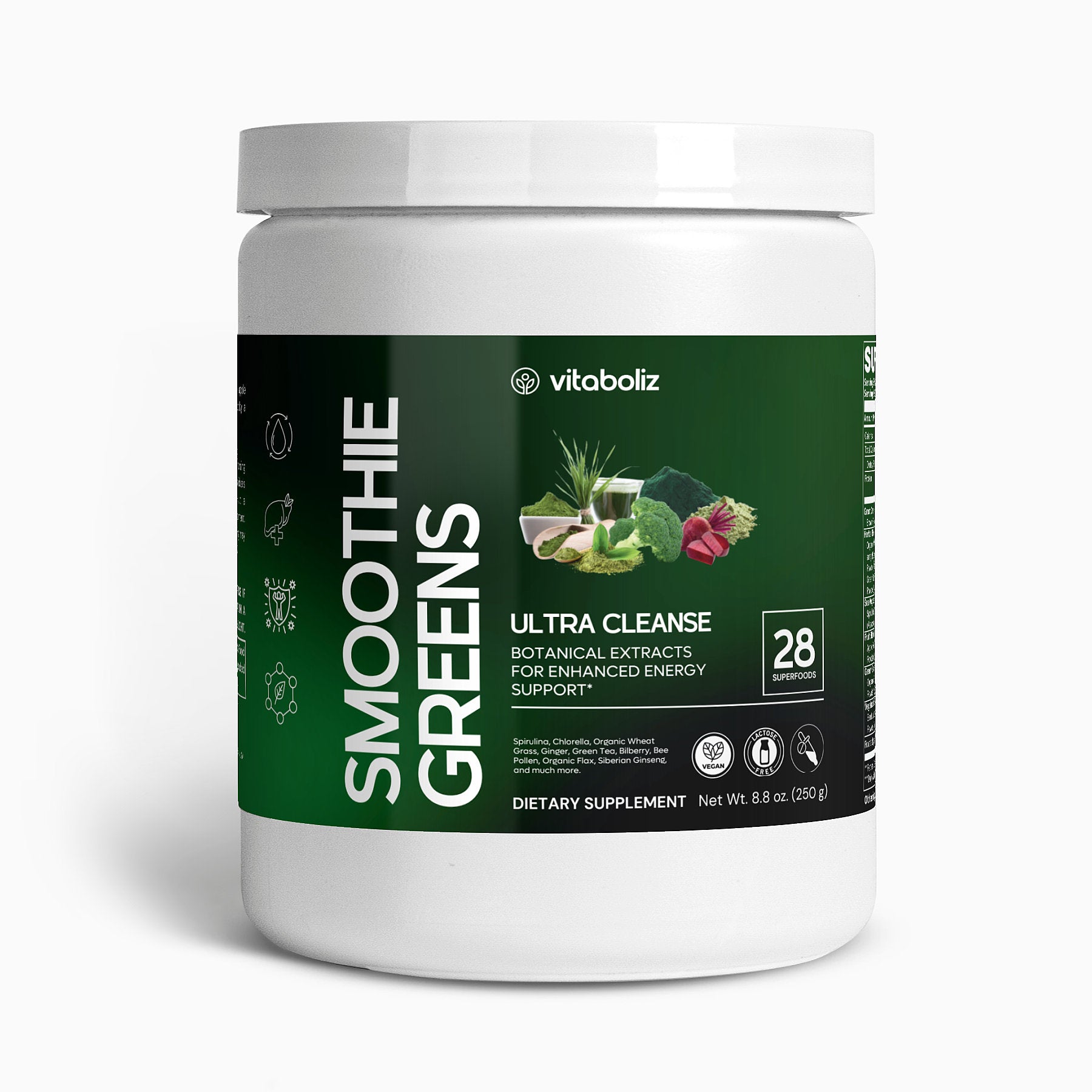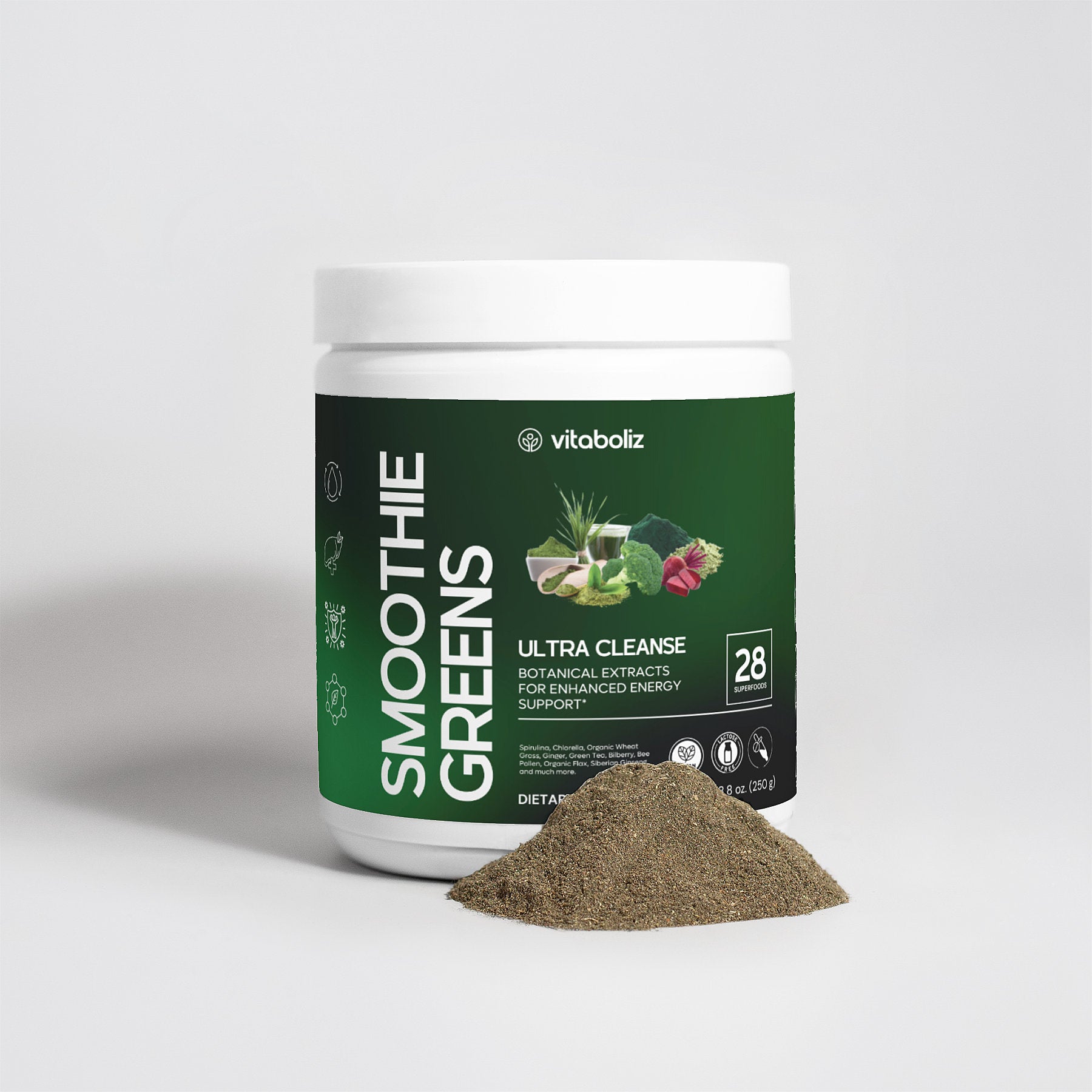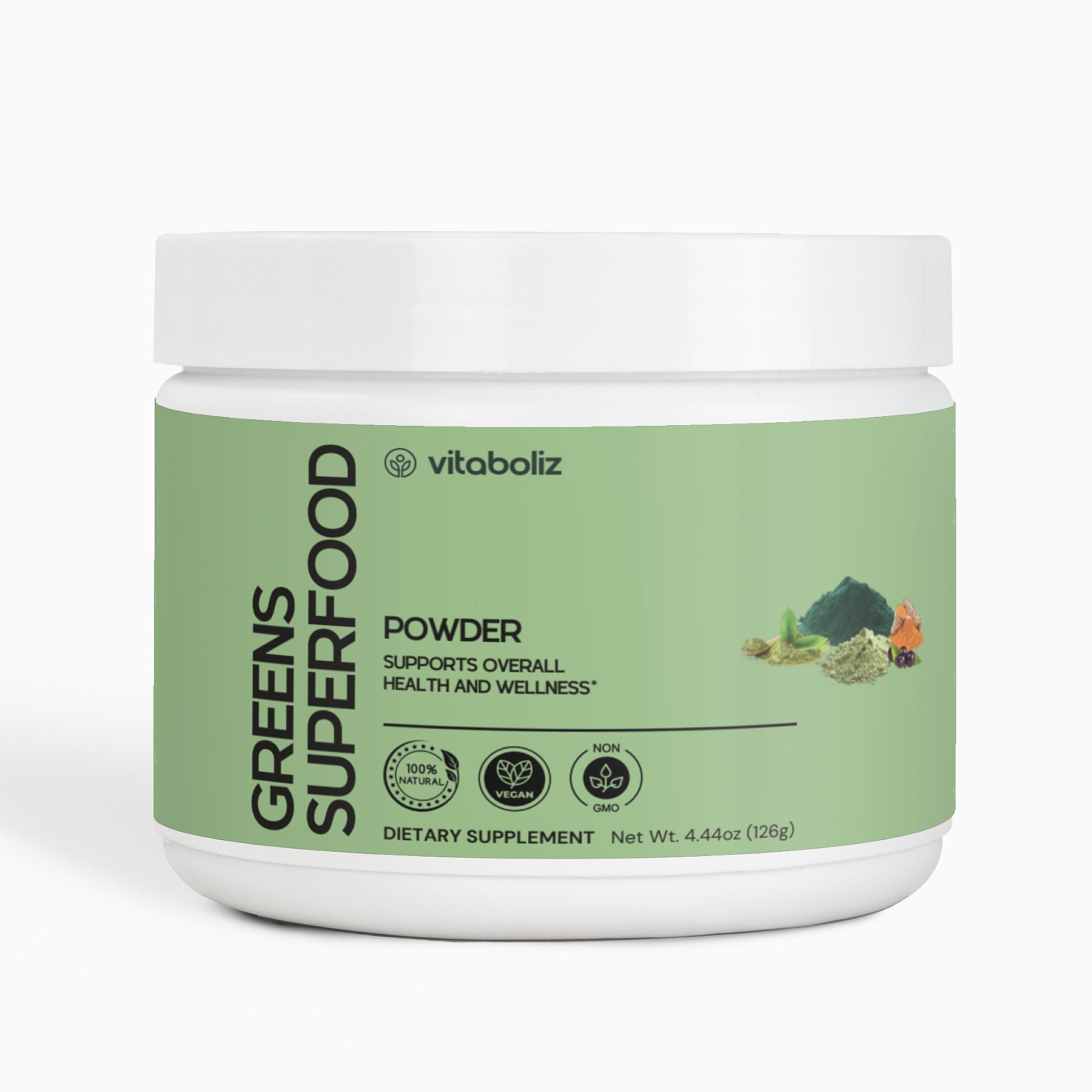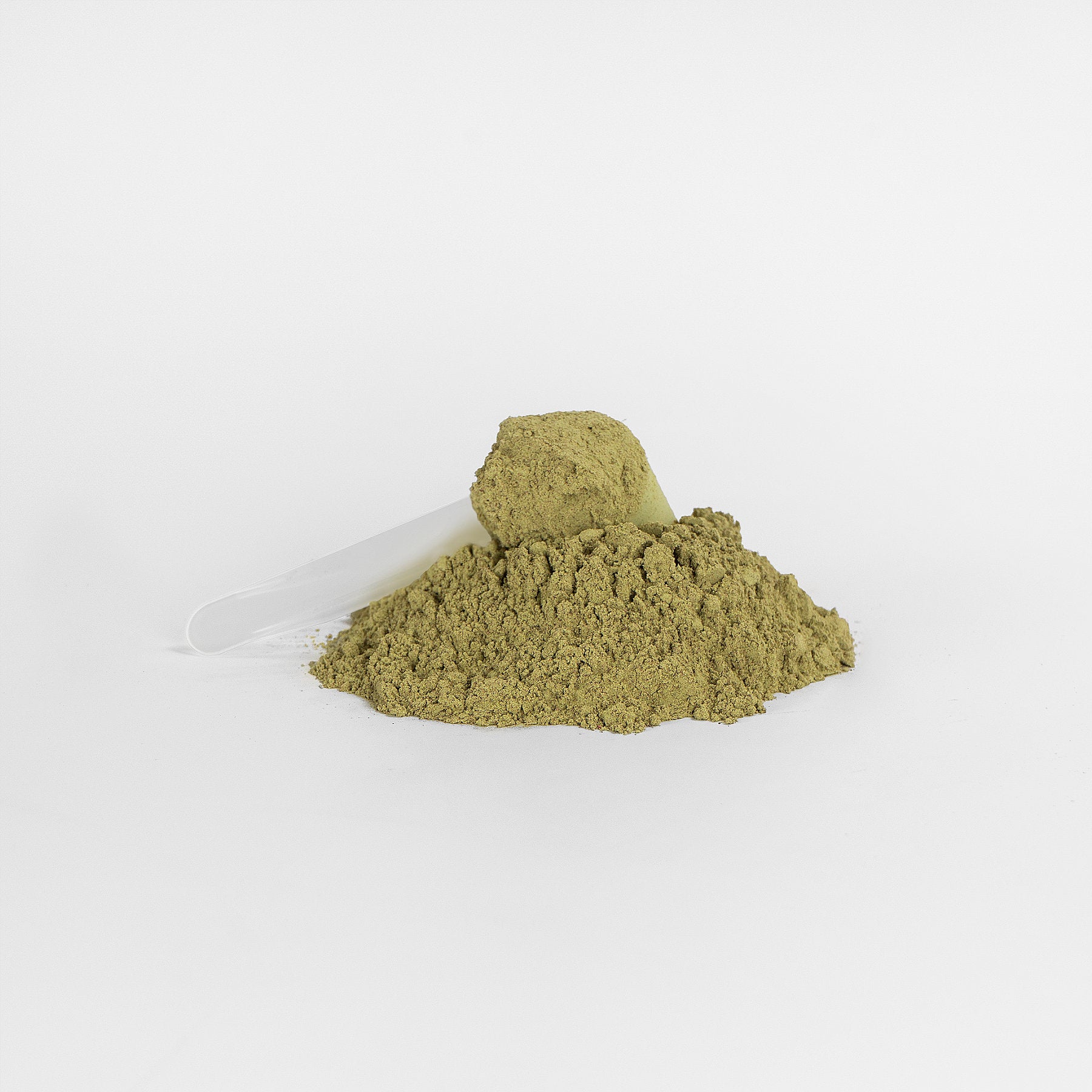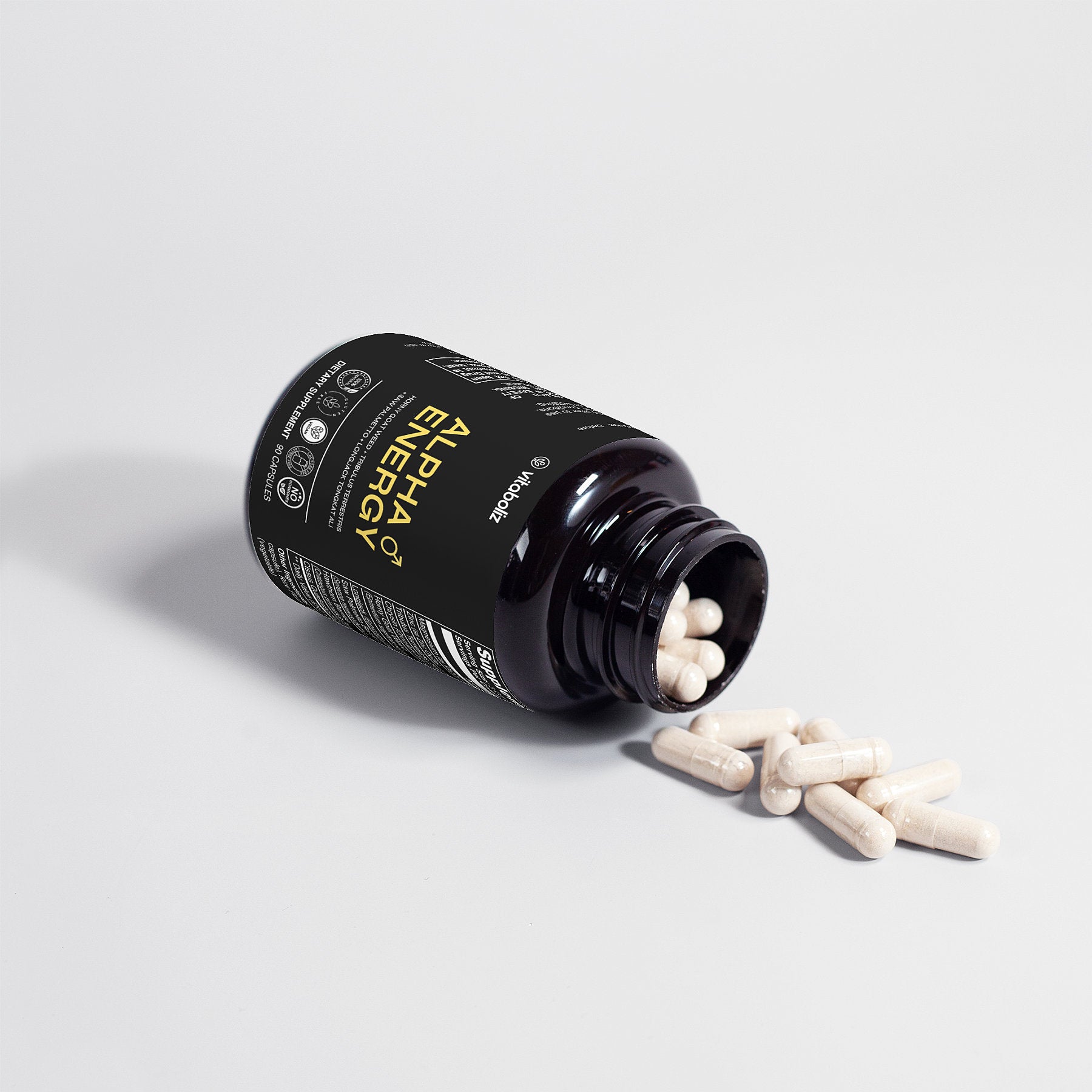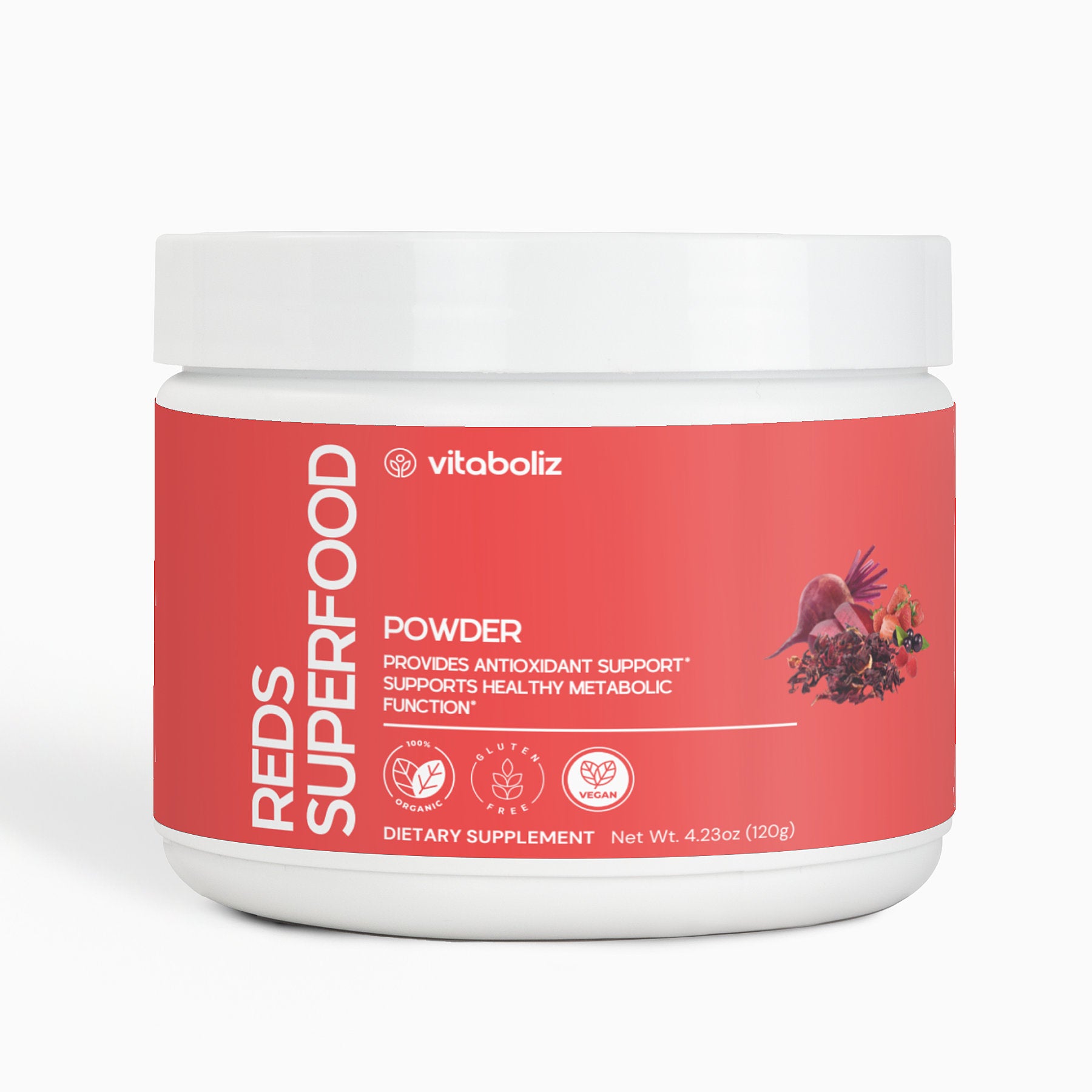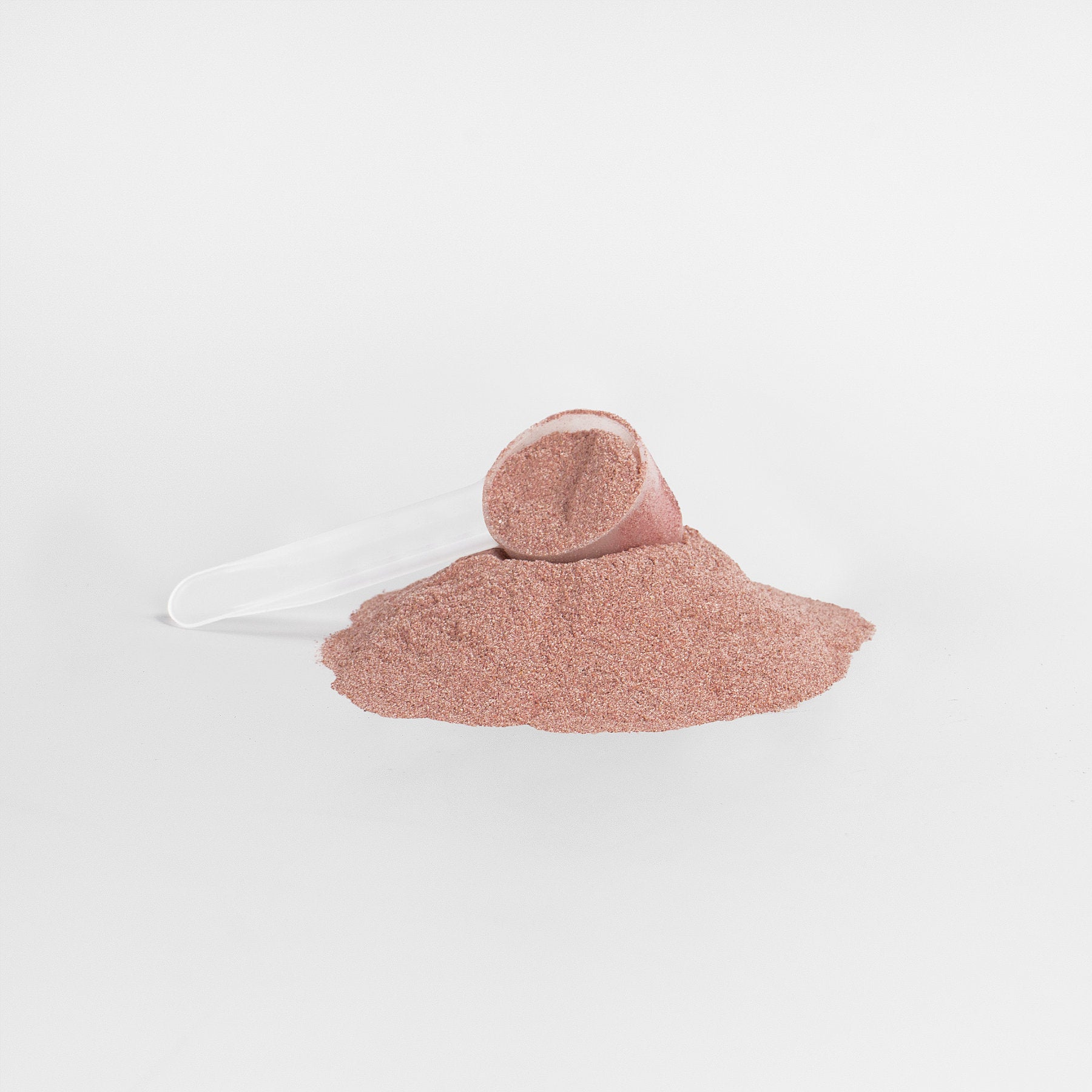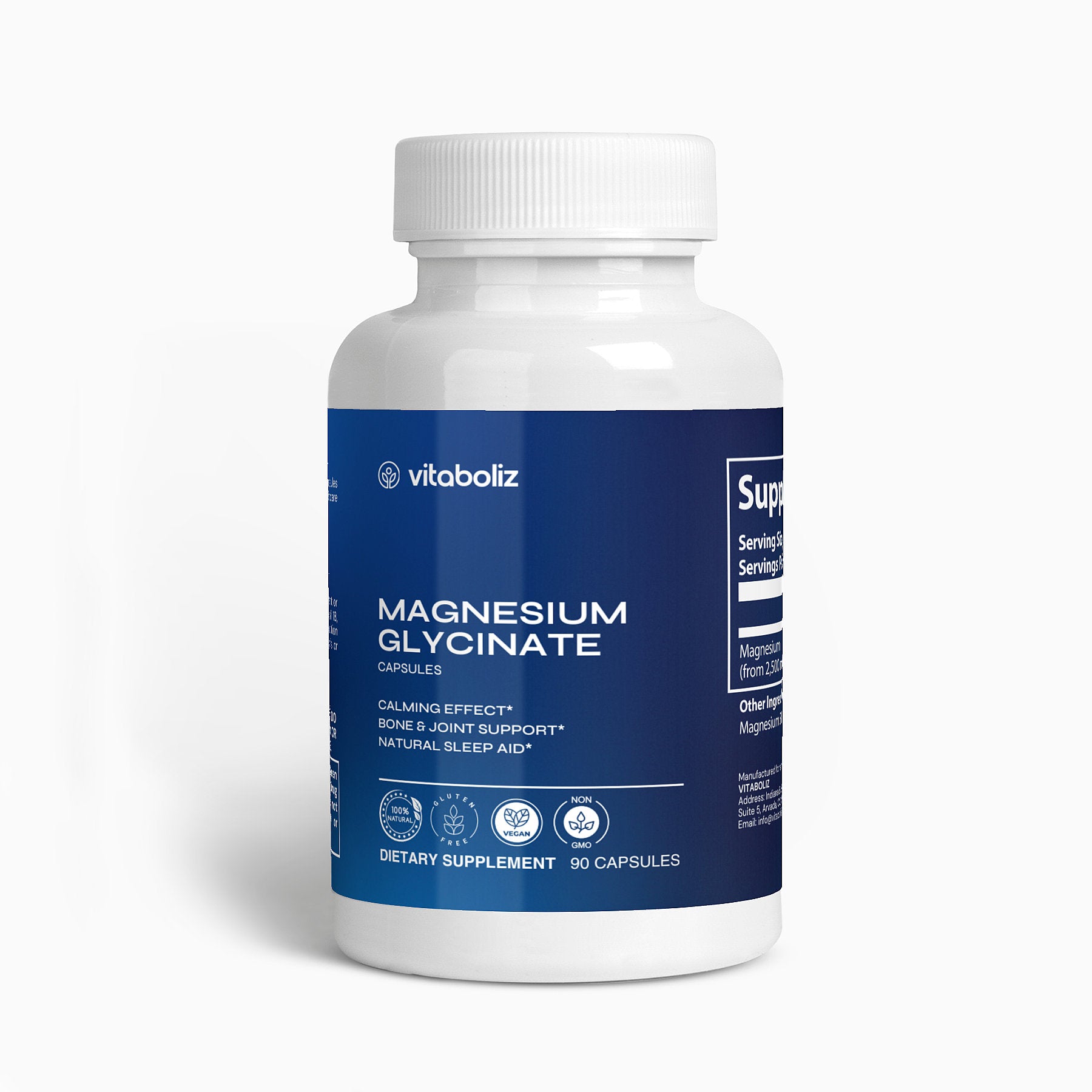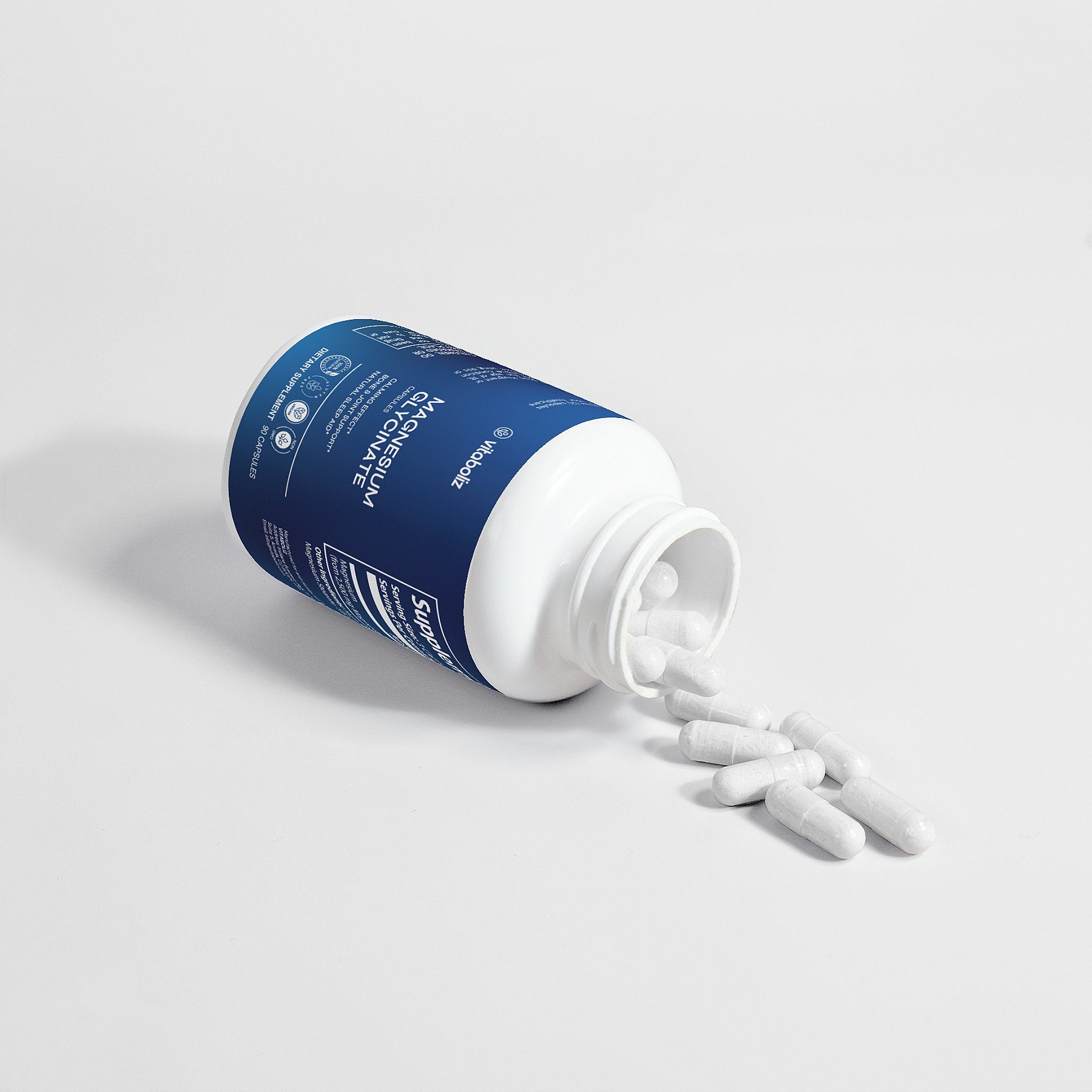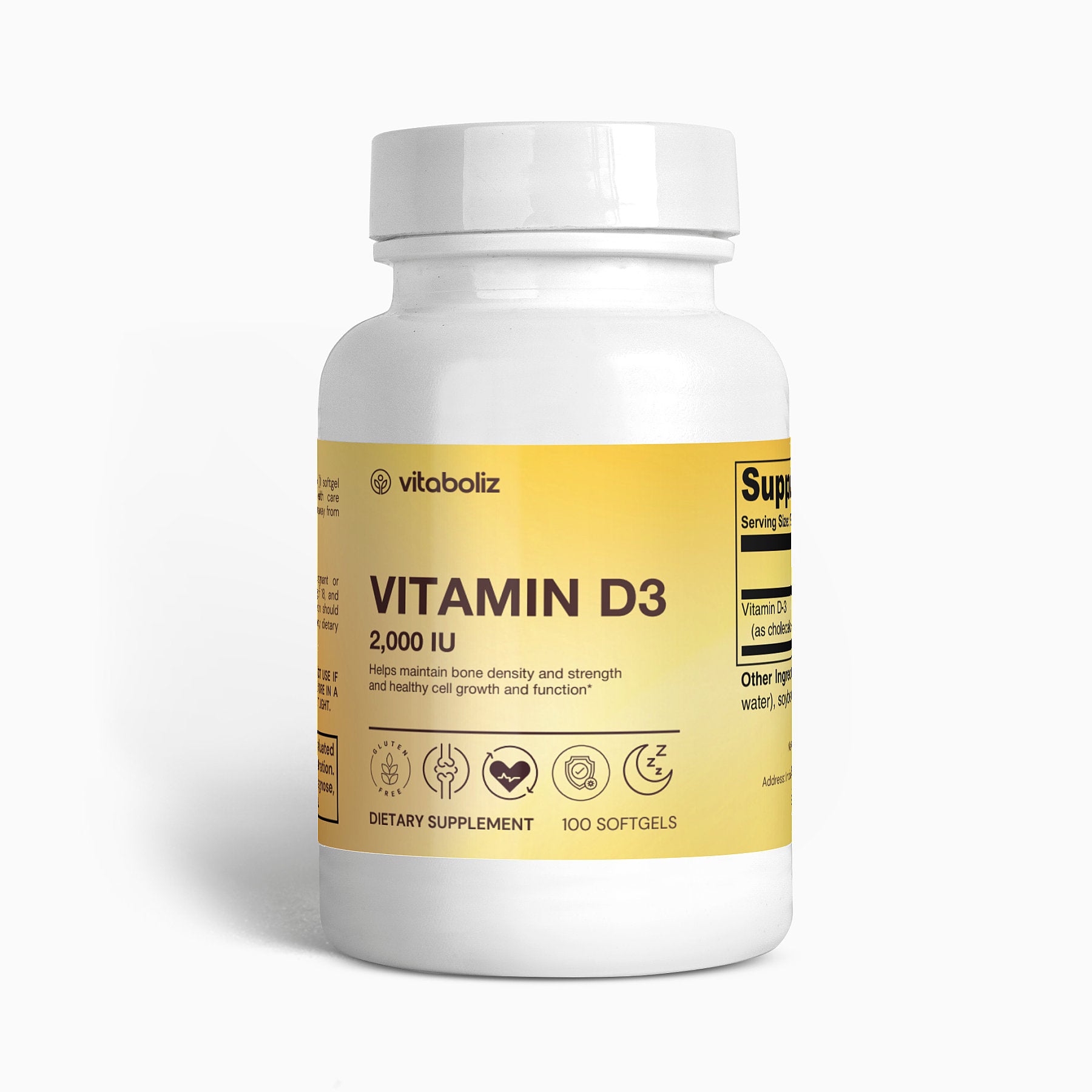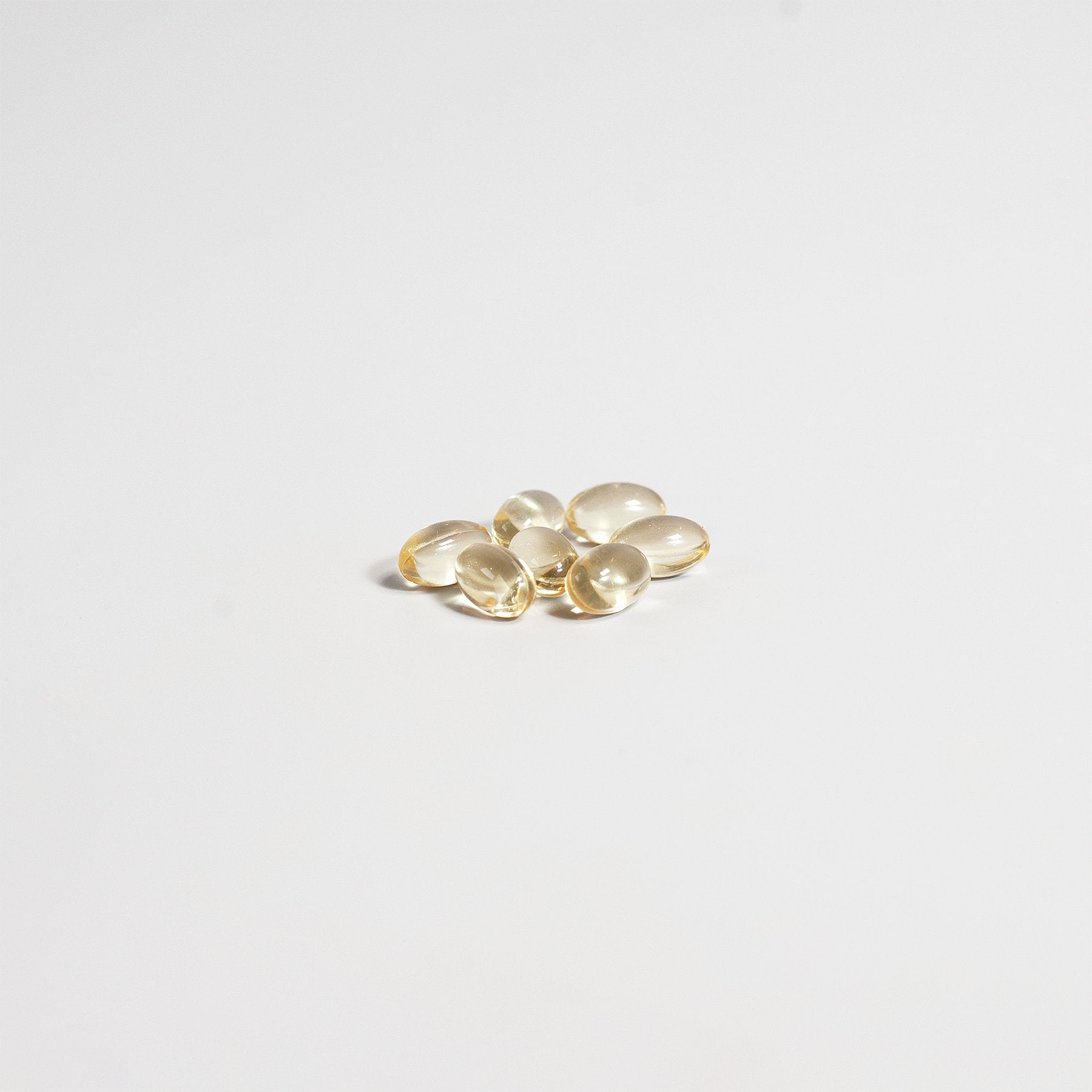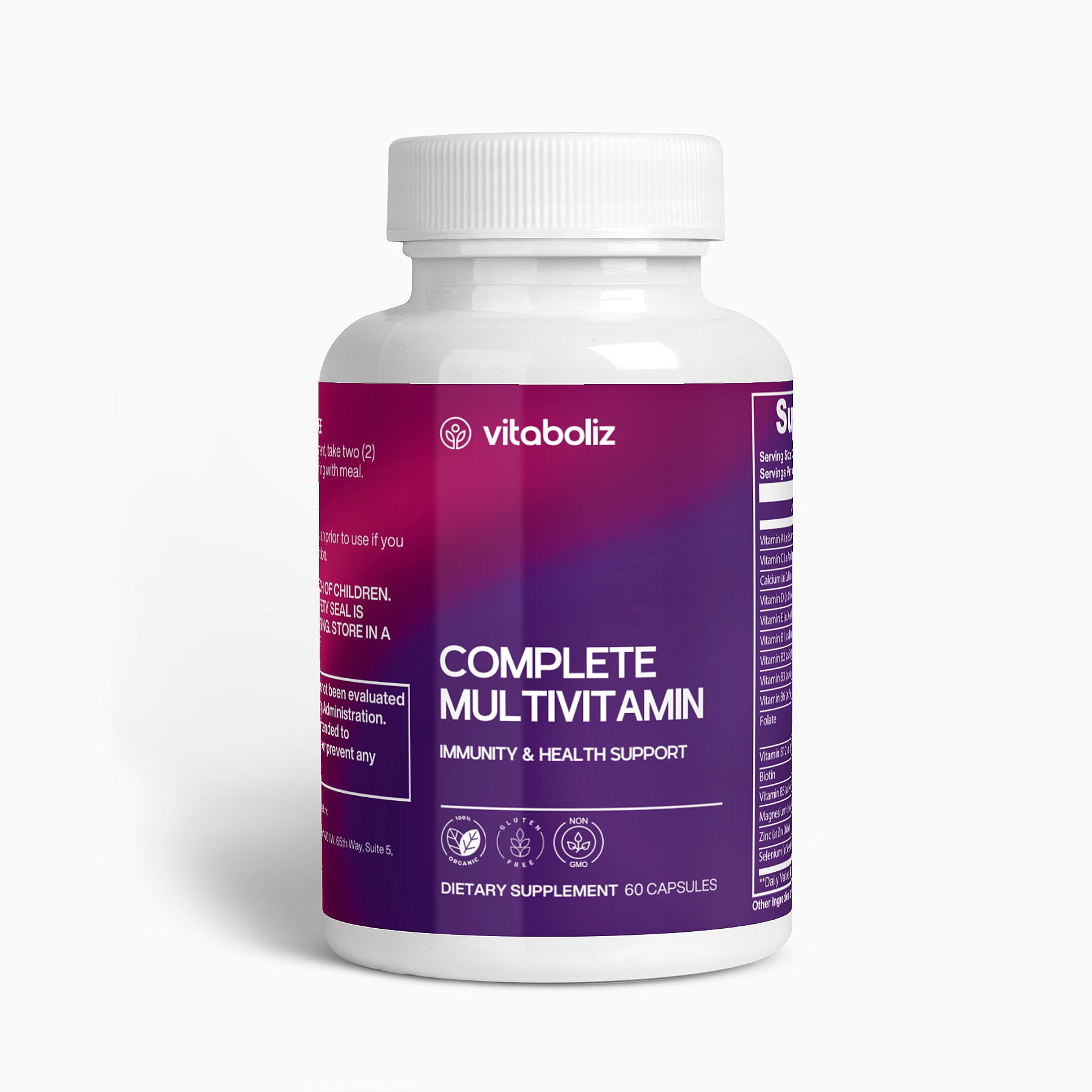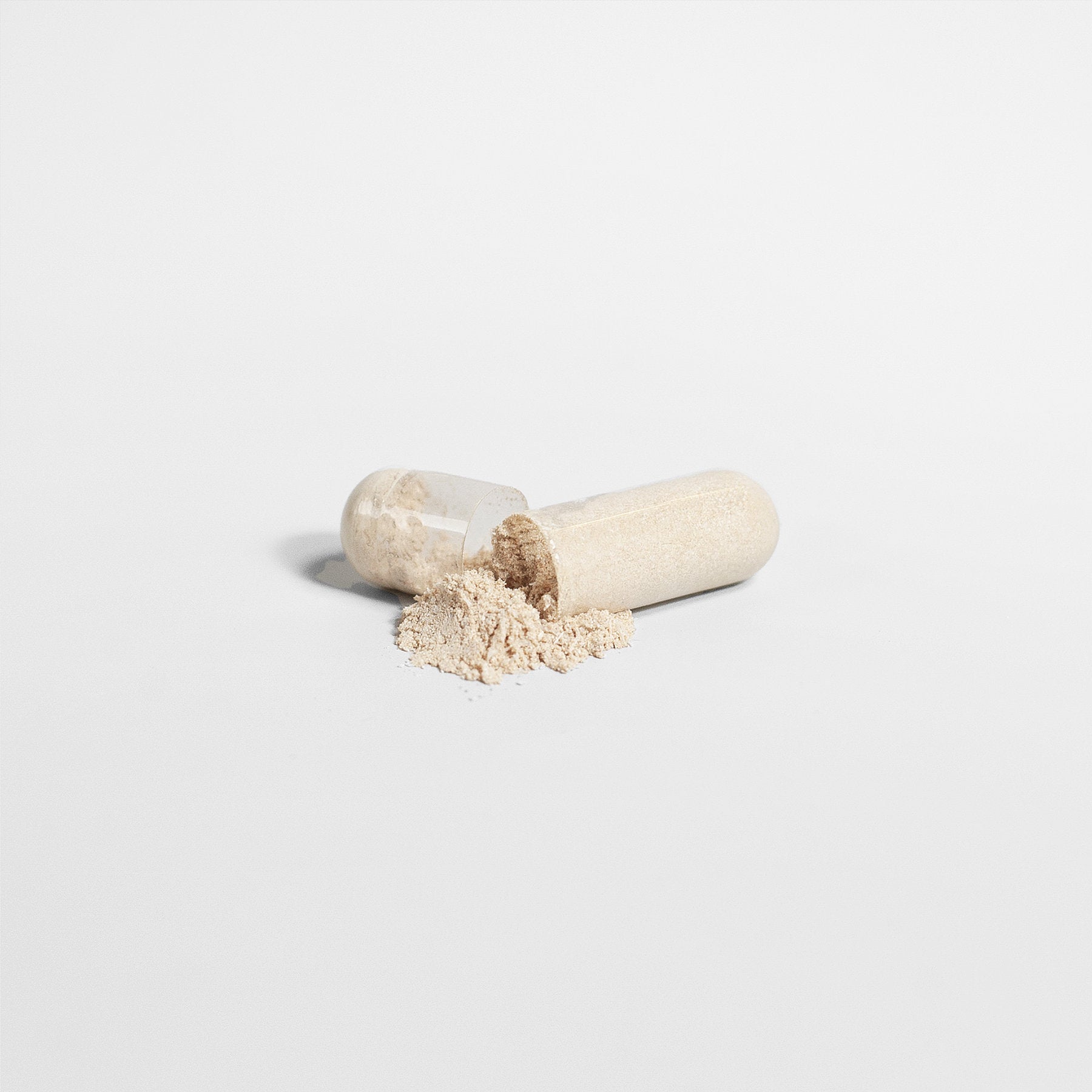Lion's Mane mushroom, also known as Hericium erinaceus, is gaining popularity for its impressive health benefits. This unique mushroom, resembling a lion's mane, has been used in traditional medicine for centuries. In this article, we will explore the numerous benefits of Lion's Mane and why it’s worth adding to your diet.
What is Lion's Mane?
Lion's Mane mushroom is a type of medicinal mushroom known for its neuroprotective properties. It contains bioactive compounds that support brain health, immune function, and overall wellness. This mushroom has a long history of use in traditional Chinese and Japanese medicine, where it is revered for its ability to improve cognitive function and support digestive health.
Key Benefits of Lion's Mane Mushroom
1. Cognitive Health
One of the most well-known benefits of Lion's Mane is its ability to support cognitive health. Studies have shown that Lion's Mane can stimulate the growth of brain cells and protect against neurodegenerative diseases such as Alzheimer's and Parkinson's. This is primarily due to the presence of hericenones and erinacines, compounds that promote the synthesis of nerve growth factor (NGF). NGF is crucial for the maintenance, survival, and regeneration of neurons in the brain.
Scientific Evidence
A study published in the Journal of Agricultural and Food Chemistry found that extracts of Lion's Mane could stimulate the growth of nerve cells in rats. Another study in the International Journal of Medicinal Mushrooms highlighted that Lion's Mane could improve cognitive function in elderly Japanese men and women diagnosed with mild cognitive impairment. These participants consumed Lion's Mane extract for 16 weeks and showed significant improvement in cognitive function compared to the control group.
2. Enhanced Memory and Focus
Lion's Mane is known to improve memory and focus by promoting the production of NGF. This protein is essential for the growth, maintenance, and survival of neurons, which are the cells responsible for transmitting information in the brain. By boosting NGF levels, Lion's Mane helps enhance cognitive functions such as learning, memory, and concentration.
Mechanism of Action
Hericenones and erinacines in Lion's Mane stimulate the synthesis of NGF, which in turn supports neurogenesis – the growth of new neurons. This process is critical for maintaining cognitive functions, especially as we age. By encouraging the formation of new brain cells, Lion's Mane can help prevent cognitive decline and enhance mental clarity.
3. Anxiety and Depression Relief
Lion's Mane has been found to have mood-enhancing properties. It can help alleviate symptoms of anxiety and depression by reducing inflammation and promoting overall brain health. The anti-inflammatory effects of Lion's Mane are attributed to its high content of antioxidants, which help protect the brain from oxidative stress and damage.
Clinical Studies
A study published in Biomedical Research showed that women who consumed Lion's Mane cookies for four weeks experienced significant reductions in anxiety and depression levels compared to the placebo group. The researchers concluded that Lion's Mane could potentially modulate brain-derived neurotrophic factor (BDNF) levels, which play a key role in mood regulation.
4. Immune System Support
Rich in antioxidants, Lion's Mane can boost the immune system by combating oxidative stress and inflammation. This can help the body fight off infections and diseases more effectively. The polysaccharides found in Lion's Mane, particularly beta-glucans, are known for their immune-modulating properties.
Immune-Modulating Effects
Beta-glucans in Lion's Mane activate various immune cells, such as macrophages, natural killer (NK) cells, and lymphocytes. These cells are essential for detecting and destroying pathogens and cancer cells. By enhancing the activity of these immune cells, Lion's Mane helps strengthen the body's defense mechanisms.
5. Gut Health Improvement
Lion's Mane can also benefit gut health by promoting the growth of beneficial bacteria and reducing inflammation. A healthy gut is crucial for overall health and well-being. The prebiotic effects of Lion's Mane support the growth of beneficial gut flora, which can improve digestion and nutrient absorption.
Gut-Brain Axis
The gut-brain axis is a bidirectional communication system between the gut and the brain. Lion's Mane can positively influence this axis by reducing gut inflammation and supporting a healthy microbiome. This, in turn, can improve mood, cognitive function, and overall mental health.
6. Cardiovascular Health
Lion's Mane has potential benefits for cardiovascular health. It can help lower cholesterol levels, reduce triglycerides, and prevent the oxidation of LDL cholesterol, which is a major risk factor for heart disease. Additionally, the anti-inflammatory properties of Lion's Mane can help protect the cardiovascular system from damage.
Cardiovascular Research
Research has shown that Lion's Mane extract can reduce the levels of total cholesterol, LDL cholesterol, and triglycerides in animal models. Moreover, its antioxidant properties can help prevent the oxidative damage to blood vessels, reducing the risk of atherosclerosis.
7. Anticancer Properties
Emerging research suggests that Lion's Mane may have anticancer properties. The polysaccharides in Lion's Mane have been shown to inhibit the growth of cancer cells and enhance the immune system’s ability to fight cancer. Additionally, Lion's Mane contains compounds that can induce apoptosis (programmed cell death) in cancer cells.
In Vitro and In Vivo Studies
In vitro studies have demonstrated that Lion's Mane extracts can inhibit the proliferation of cancer cells, including leukemia, gastric cancer, and liver cancer cells. Animal studies have also shown that Lion's Mane can enhance the effectiveness of chemotherapy while reducing its side effects.
How to Incorporate Lion's Mane into Your Diet
Adding Lion's Mane to your diet is simple. Here are some popular ways to consume it:
Supplements
Lion's Mane supplements are available in various forms, including capsules, tablets, and powders. These supplements provide a concentrated dose of the mushroom’s beneficial compounds and are convenient for daily use.
Recommended Dosage
The recommended dosage for Lion's Mane supplements varies depending on the form and concentration. Generally, a daily dose of 500 mg to 3000 mg is considered safe and effective. It’s advisable to start with a lower dose and gradually increase it based on your body's response.
Tea
Brewing Lion's Mane tea is another popular method. The tea is soothing and offers the same health benefits as other forms of Lion's Mane. It’s a great way to incorporate the mushroom into your daily routine, especially for those who enjoy herbal teas.
How to Make Lion's Mane Tea
To make Lion's Mane tea, you can use dried mushrooms or Lion's Mane powder. Simply steep the dried mushrooms or powder in hot water for about 10-15 minutes. You can add honey or lemon for added flavor. Drinking this tea regularly can help you reap the mushroom’s cognitive and immune-boosting benefits.
Cooking
Lion's Mane can be cooked and added to various dishes, offering a unique flavor and texture. It’s often used in stir-fries, soups, and as a meat substitute in vegetarian dishes. The mushroom has a slightly sweet and savory taste that complements a variety of recipes.
Culinary Tips
When cooking Lion's Mane, it’s best to clean the mushroom thoroughly and cut it into bite-sized pieces. You can sauté it in olive oil with garlic and herbs, or add it to soups and stews for a nutritious boost. Its texture resembles that of seafood, making it a popular ingredient in vegan and vegetarian dishes.
Potential Side Effects and Precautions
While Lion's Mane is generally considered safe, some people may experience mild side effects. It’s important to be aware of these potential side effects and take precautions when consuming Lion's Mane.
Common Side Effects
- Digestive Discomfort: Some people may experience stomach discomfort, nausea, or diarrhea when taking Lion's Mane supplements.
- Allergic Reactions: Rarely, individuals may have an allergic reaction to Lion's Mane. Symptoms can include itching, rash, and difficulty breathing.
Precautions
- Consult a Healthcare Provider: Before starting any new supplement, it’s advisable to consult with a healthcare provider, especially if you have underlying health conditions or are taking other medications.
- Start with a Low Dose: To minimize the risk of side effects, start with a low dose and gradually increase it based on your body’s response.
- Monitor for Allergic Reactions: If you experience any signs of an allergic reaction, discontinue use and seek medical attention.
Conclusion
Lion's Mane mushroom is a powerful natural remedy with a wide range of health benefits, particularly for the brain. From boosting cognitive function to supporting the immune system and improving gut health, Lion's Mane is a valuable addition to any wellness routine. Its neuroprotective properties make it especially beneficial for those looking to enhance their cognitive abilities and protect against neurodegenerative diseases.
Frequently Asked Questions (FAQs)
Q: What are the side effects of Lion's Mane?
A: Lion's Mane is generally safe to consume, but some people may experience mild digestive discomfort. It's always best to start with a lower dose and consult a healthcare provider if you have any concerns.
Q: How long does it take to see the benefits of Lion's Mane?
A: The effects can vary from person to person. Some people may notice improvements in cognitive function within a few weeks, while others might take longer.
Q: Can I take Lion's Mane with other supplements?
A: Yes, Lion's Mane can be taken with other supplements. However, it’s advisable to consult with a healthcare provider to avoid any potential interactions.
Q: Is Lion's Mane safe for long-term use?
A: Current research suggests that Lion's Mane is safe for long-term use, but it’s always best to follow the recommended dosage and consult a healthcare provider for personalized advice.
Q: How should I store Lion's Mane supplements?
A: Store Lion's Mane supplements in a cool, dry place away from direct sunlight. This helps maintain their potency and effectiveness.

